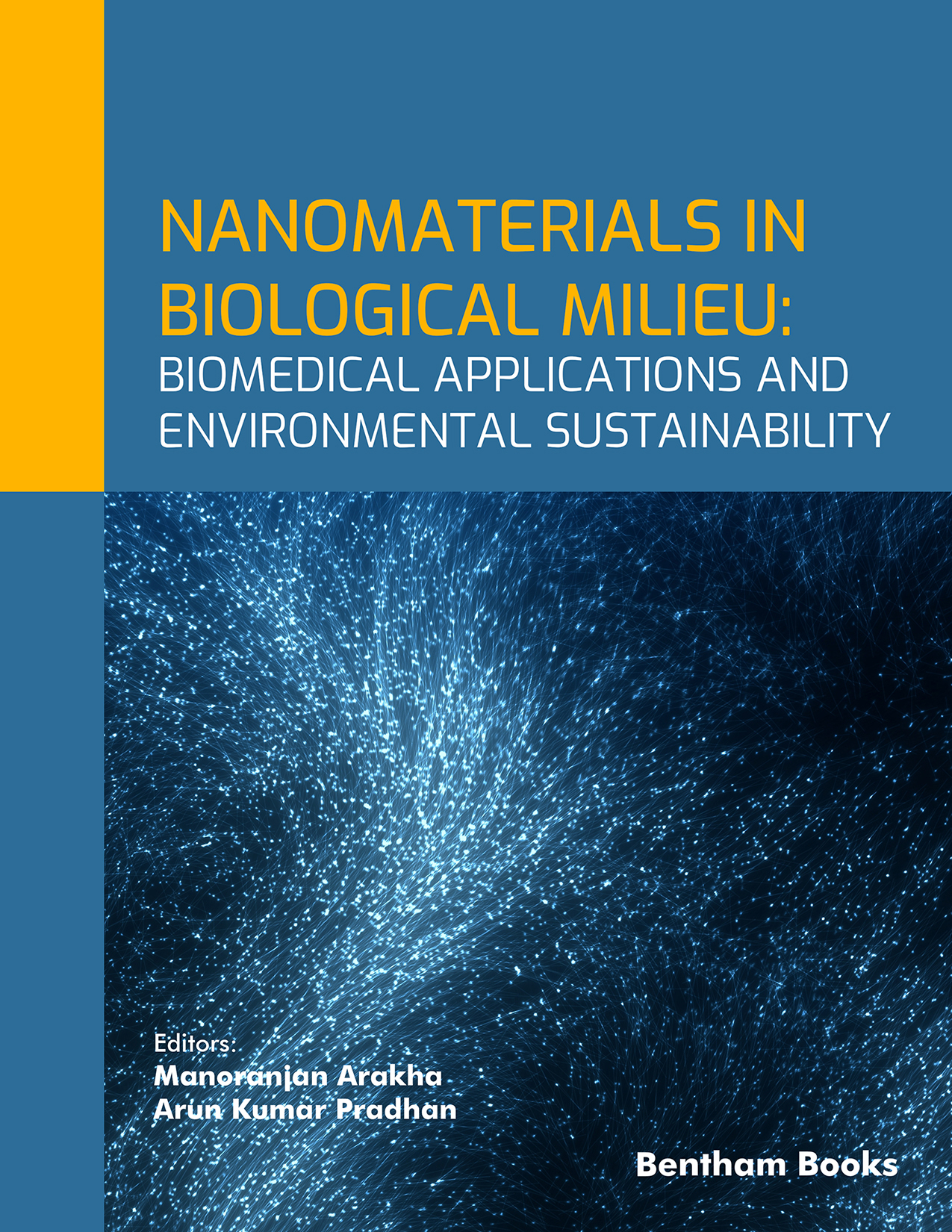Introduction
Nanomaterials in Biological Milieu: Biomedical Applications and Environmental Sustainability offers a comprehensive exploration of the dynamic interactions between nanomaterials and biomolecules within biological systems. These interactions at the bio-nano interface critically influence the behavior, stability, and functionality of both nanomaterials and biological components, determining their ultimate fate and application potential.
This volume begins by detailing current state-of-the-art techniques for the synthesis and fabrication of nanomaterials, including advances in green synthesis approaches tailored for healthcare applications. Subsequent chapters examine the biomedical relevance of nanomaterials in disease diagnosis, therapeutics, and regenerative medicine, with focused discussions on tuberculosis treatment, cancer therapy, and the integration of nanotechnology with stem cell research. Further chapters review cutting-edge developments in epigenetic nanotechnology and the integration of artificial intelligence for early disease detection and targeted therapy.
In addition to biomedical applications, the volume addresses the role of nanomaterials in environmental sustainability. Topics such as heavy metal adsorption using plant-based lignin nanoparticles and bioremediation strategies employing nanomaterials are thoroughly reviewed.
Authored by experts across microbiology, cancer biology, pharmaceutical sciences, nanotechnology, plant biotechnology, and environmental sciences, this book presents an interdisciplinary perspective on emerging nanotechnological innovations. It serves as a valuable reference for readers engaged in biomedical research, nanoscience, and environmental management.
Readership
Researchers, scholars, and professionals involved in the fields of n biomedical research, nanoscience, and environmental management.

